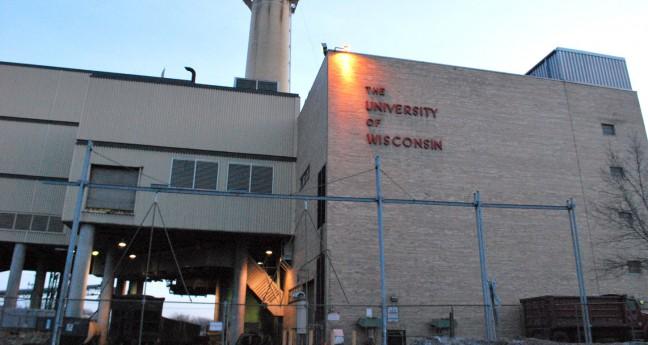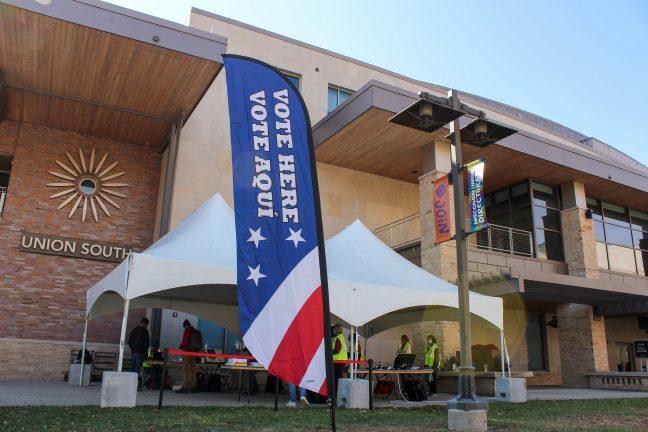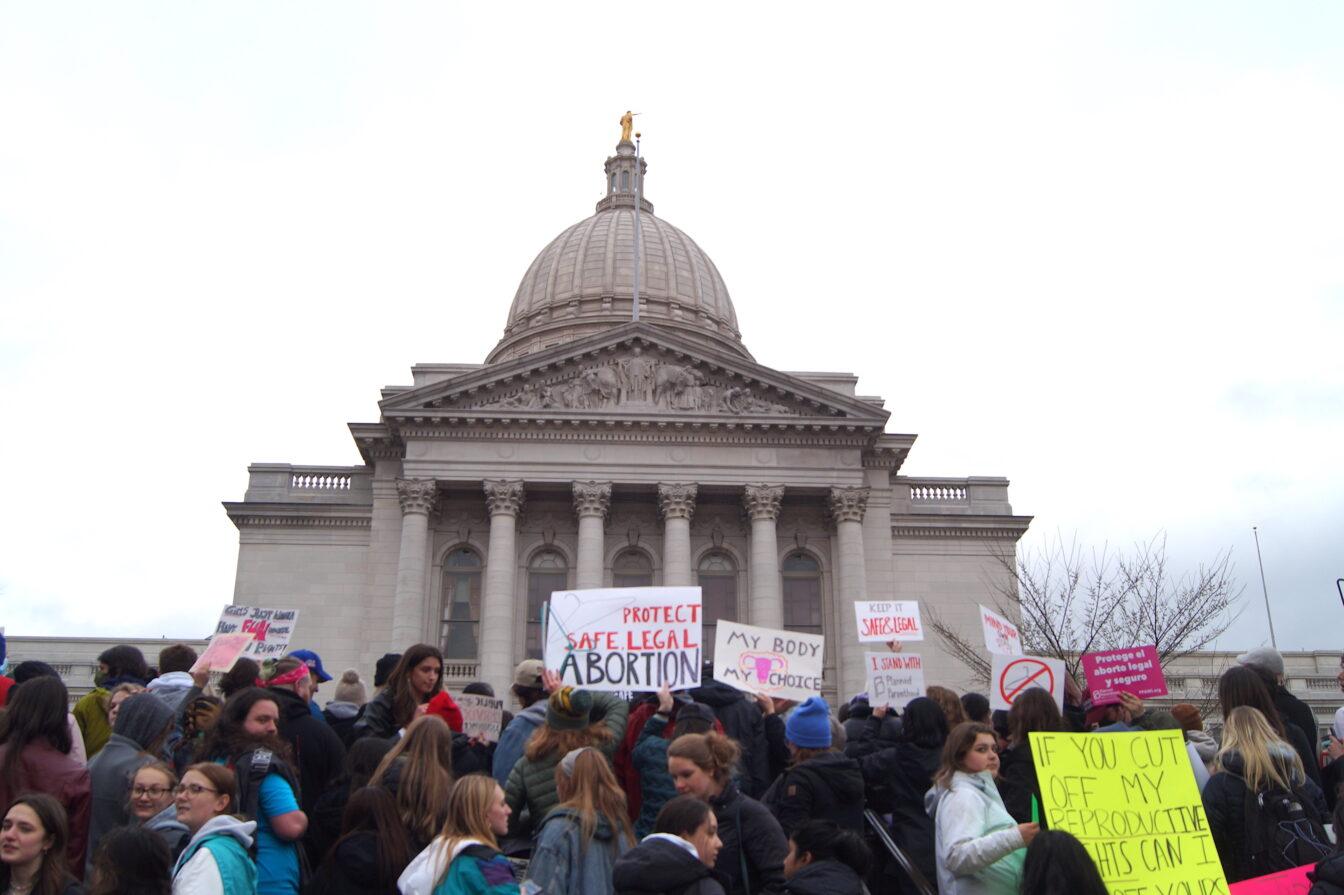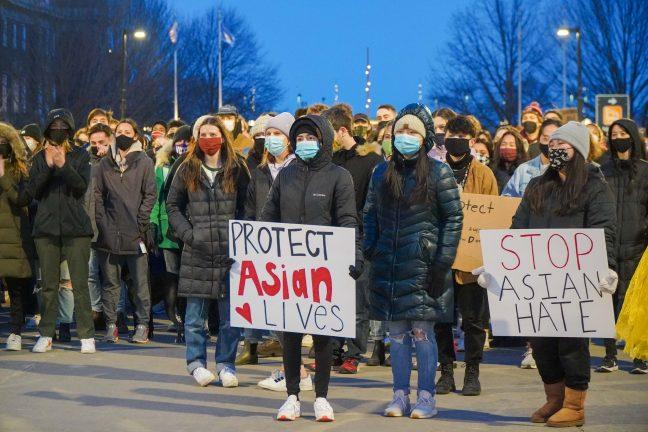Last week, President Donald Trump signed a resolution axing a rule that would have safeguarded streams from mountaintop removal mining.
Mountaintop removal is a mining technique that, predictably, involves searing the tops off of mountains to access coal seams. The “removal” process creates a lot of toxic debris, euphemistically called “overburden.” Mining companies dump it into valleys next to where they mine. This inundates streams and poisons groundwater. The Stream Protection Rule, finalized by the Office of Surface Mining last December, aimed to prevent that from happening.
The rule drew ire from Trump and pretty much the entire GOP. The rule was characterized as a “midnight regulation” rushed out by former President Barack Obama’s administration before he left office. (The Office of Surface Mining spent seven years drafting and implementing it.)
Regardless, I see why there’s apathy toward these rules. Coal’s decline has devastated many communities, especially in Appalachia. But the “job-killing regulation” narrative ignores the broader problems besieging the industry.
Coal miner employment actually started falling in the 1980s when mountaintop removal mining became prevalent. This mining technique is more automated than conventional subsurface mining, and consequently requires fewer workers. More recently, cheaper natural from hydraulic fracturing (fracking) and renewable energy, as well as shrinking markets in Asia, are the cause of the industry’s woes.
To be fair, Obama’s Environmental Protection Agency did impose tighter limits on soot, sulfur, mercury and other pollutants, which certainly did the industry no favors. But even after you factor that in, market forces are still the main driver of the industry’s decline. After the election, Gerry Anderson, the CEO of Michigan’s DTE Energy, said the utility is still shuttering its remaining eight coal plants by 2030, regardless of what the courts say about the Clean Power Plan. Coal won’t be mined if plants aren’t open to burn it.
Conservative control at every level is bad news – just look at Wisconsin
There’s nothing Trump or Congress can do to bring back this once mighty industry. In fact, Trump wants to expand fracking. Beyond mandating utilities burn a certain amount of coal, which would fly in the face of “free market” ideology, the coal industry is going to continue dying its slow death.
What’s frustrating is all the information I laid out above has been known for a long time, and people still bought into the “anti-regulation rhetoric.” Repealing this rule will not put unemployed miners back to work, nor will it lower our electric bills. This decision benefits absolutely nobody except the very few people at the top of coal companies.
Kevin Meyers ([email protected]) works for a Wisconsin environmental conservation organization and resides in Madison.














